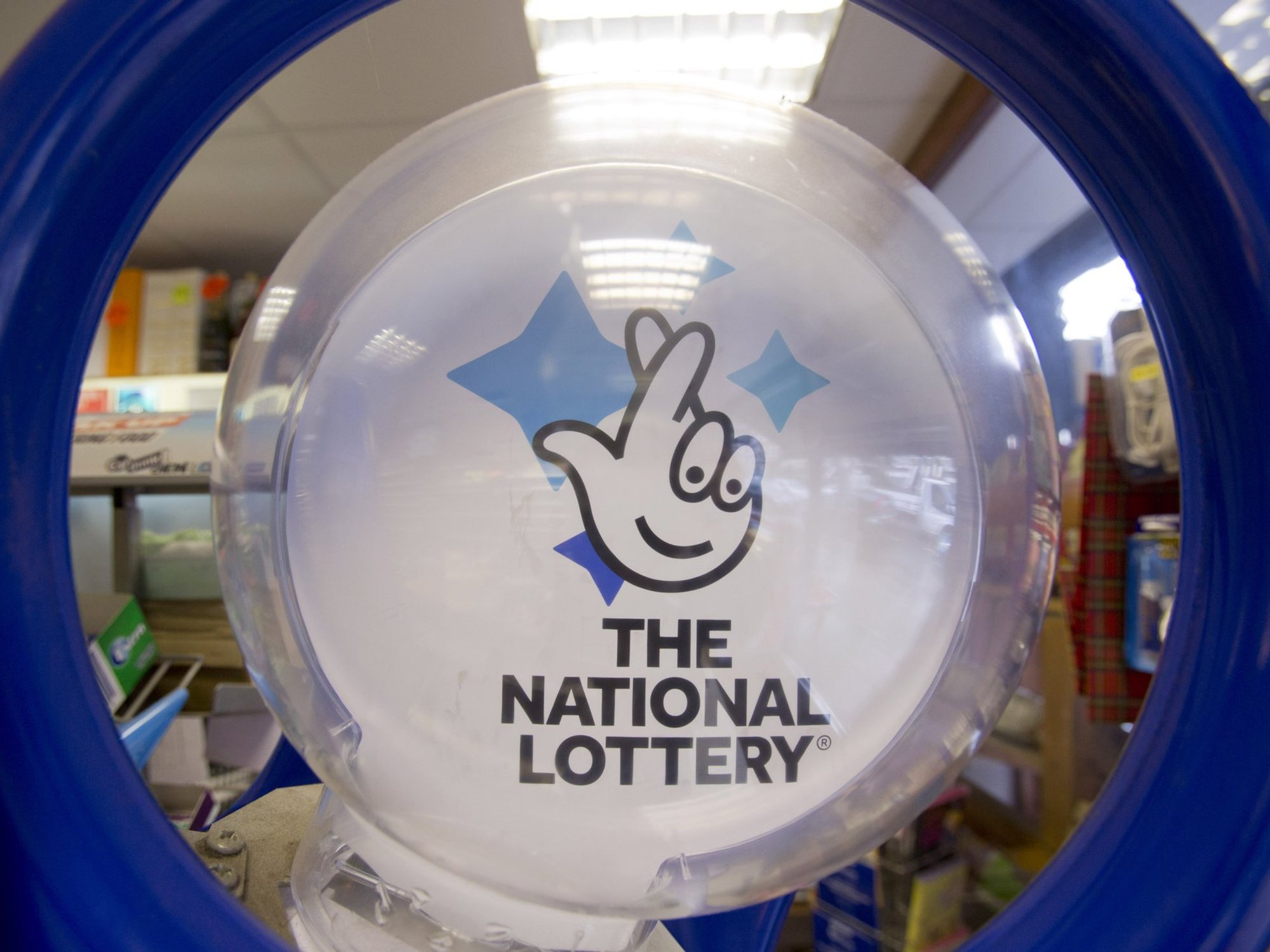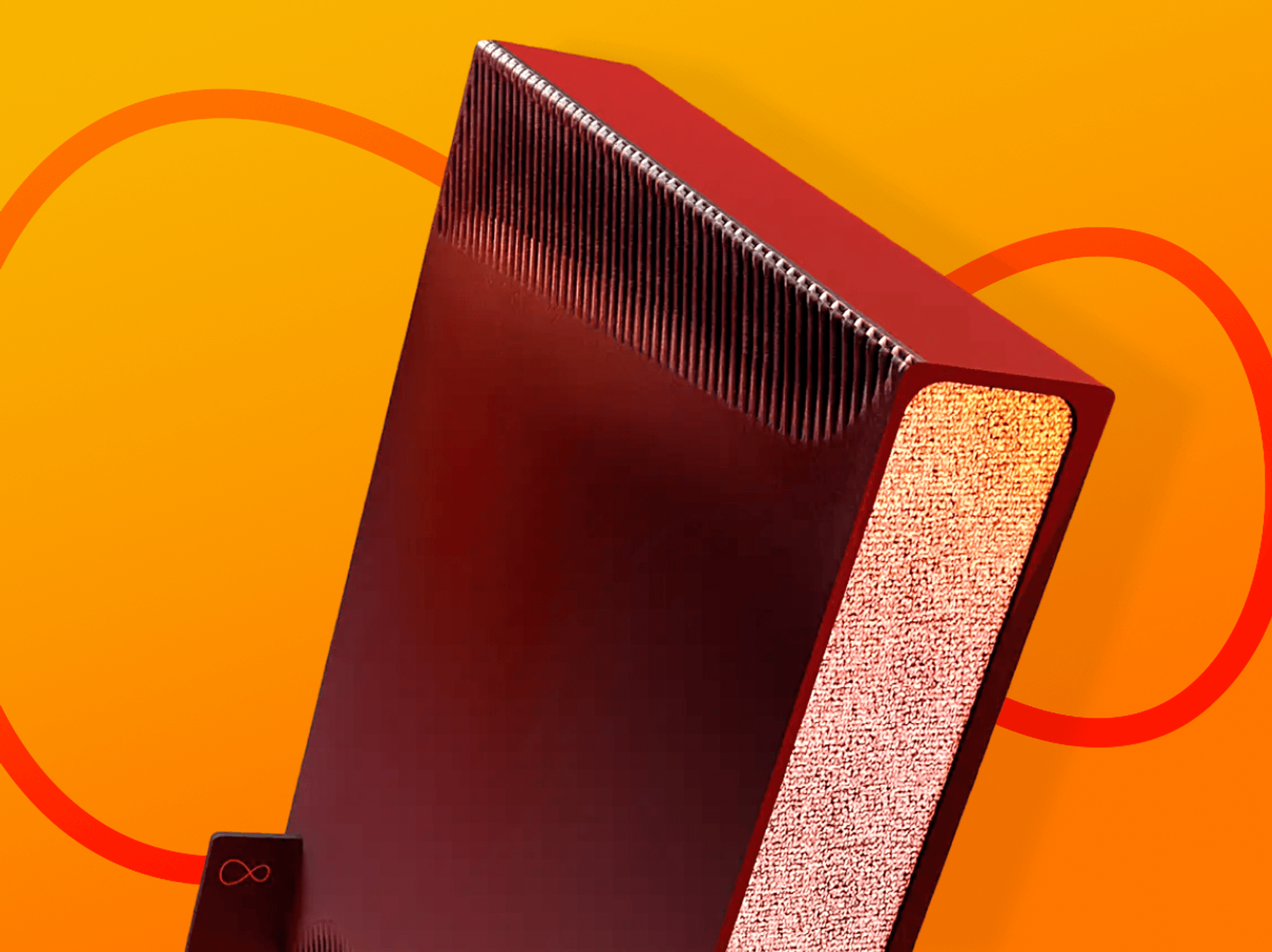Ray-Ban Meta glasses face tough new competition from Samsung and HTC as new smart eyewear teased

HTC and Samsung are coming out with their own smart glasses, and they could rival Meta's version.
|HTC PRESS OFFICE
All products and promotions are independently selected by our experts. To help us provide free impartial advice, we will earn an affiliate commission if you buy something. Click here to learn more
Samsung's glasses are rumoured to launch in 2026
- Samsung and HTC will release their own AI glasses
- These glasses will compete with Meta Ray-Ban glasses
- HTC's glasses will be released on September 1 exclusively in Taiwan
- Samsung is rumoured to release its glasses in 2026
Don't Miss
Most Read
HTC and Samsung are coming out with their own smart glasses to rival Meta's collaboration with Ray Ban.
While Meta has dominated early buzz in the smart eyewear space, competition is heating up as more tech giants see smart eyewear as the next big step in personal computing.
If you’re unfamiliar with smart glasses, think of them as AI-powered eyewear that blends style with functionality. They allow you to capture photos and videos completely hands-free, listen to music, take phone calls, and access information on the go. With built-in voice activation, these glasses can handle real-time translations, object recognition, and contextual assistance – essentially giving you a lightweight wearable AI assistant.
At a glance, HTC could have a competitive edge over the competition, as it's planning to incorporate multiple AI assistants, offering flexibility for wearers with a choice of either ChatGPT or Google Gemini.
Samsung, on the other hand, is expected to leverage its existing ecosystem of Galaxy phones, watches, and earbuds for greater integration among its devices.
Both new arrivals would compete directly with Meta, which has had few competitors over the years.
 This isn't the first time that Meta has experimented with smart glasses. It's launched two generations of glasses equipped with a camera and limited AI capabilities with Ray-Ban | META PRESS OFFICE
This isn't the first time that Meta has experimented with smart glasses. It's launched two generations of glasses equipped with a camera and limited AI capabilities with Ray-Ban | META PRESS OFFICE Meta AI glasses made their initial appearance in 2021, but it wasn't until their most recent release of Meta Ray-Ban glasses in 2024 that they began flying off the shelves.
"We thought that Ray-Ban Meta was probably going to sell three or five times more than the first version did. And we just dramatically underestimated it," said Mark Zuckerberg, co-creator of Facebook.
Upgrade to Ray-Ban Meta glasses and sunglasses
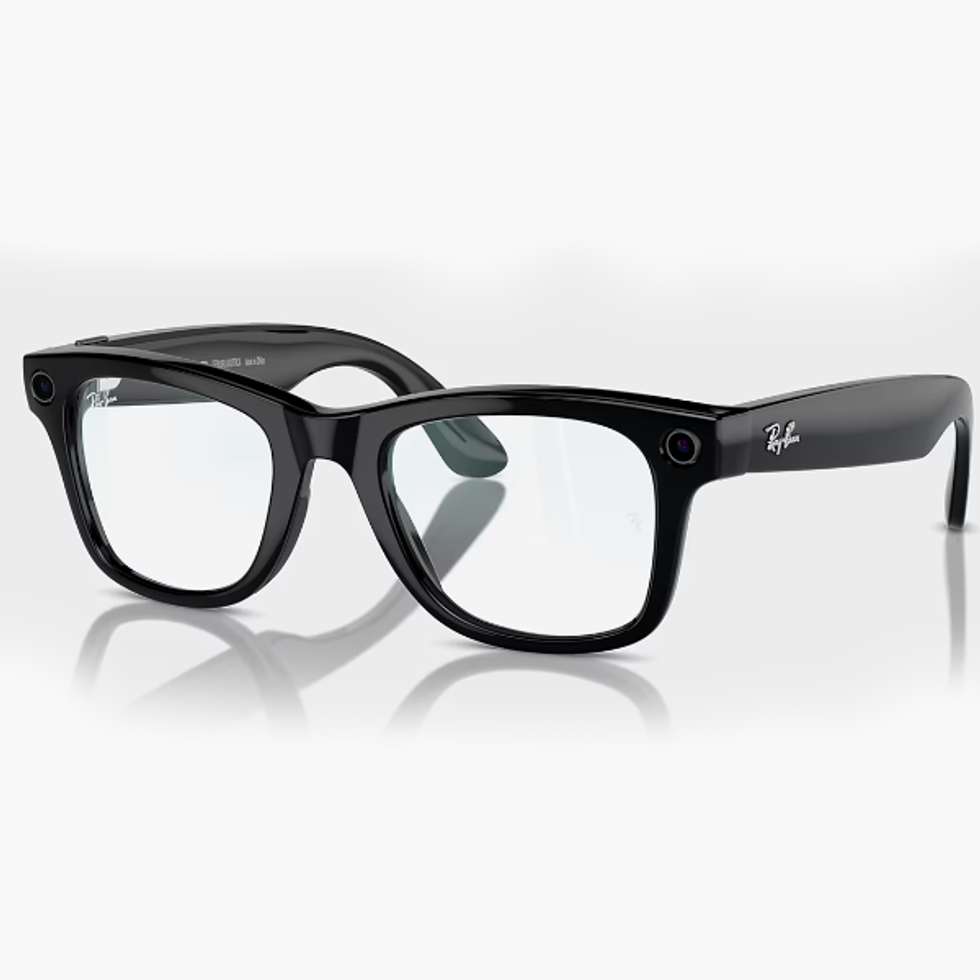
Add hands-free calls, first-person video and photo capture, and an AI assistant to your eyewear with this clever collaboration between sunglasses gurus Ray-Ban and Facebook parent company, Meta
Ray-Ban Meta Glasses
$299
Meta has partnered with French-Italian brand EssilorLuxottica since 2019 to build two generations of Ray-Ban-branded smart glasses. According to Mr. Zuckerberg, sales of the latest iteration of these sunnies were going "very well", with demand much stronger than expected.
These Ray-Ban sunglasses let you take photographs and video from a first-person perspective with a hands-free voice command, making them a hit with social media content creators and parents.
Meta also has a third generation on the way, and it's expected to be released later this year.
So, how are HTC and Samsung expected to stack up against them?
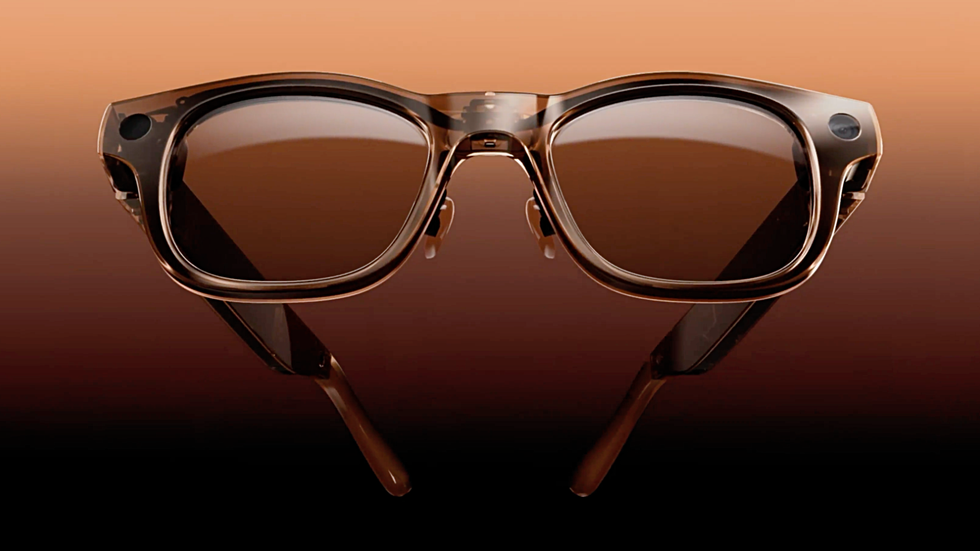
Vive Eagle glasses have their own built-in speakers, a battery life of up to 36 hours, and up to 4.5 hours of music playback time
|HTC PRESS OFFICE
HTC's Vive Eagle smart glasses
HTC announced that its first-ever smart glasses will be called Vive Eagle, and their hardware features are expected to be super similar to Meta's style.
For starters, they'll have their own built-in speakers, battery life of up to 36 hours, and up to 4.5 hours of music playback time — all while boasting a lightweight, minimal design.
You won't need to worry about others hearing what comes out of the speakers — only you will be able to hear your music or AI assistant.
Its AI technology, however, carries the most noteworthy features.
The pair has its own built-in assistant that can pair up with your choice of Google Gemini or ChatGPT. Comparatively, Meta glasses rely on their own AI system. To activate the assistant, all you have to do is tap the button top of the glasses and begin asking questions.
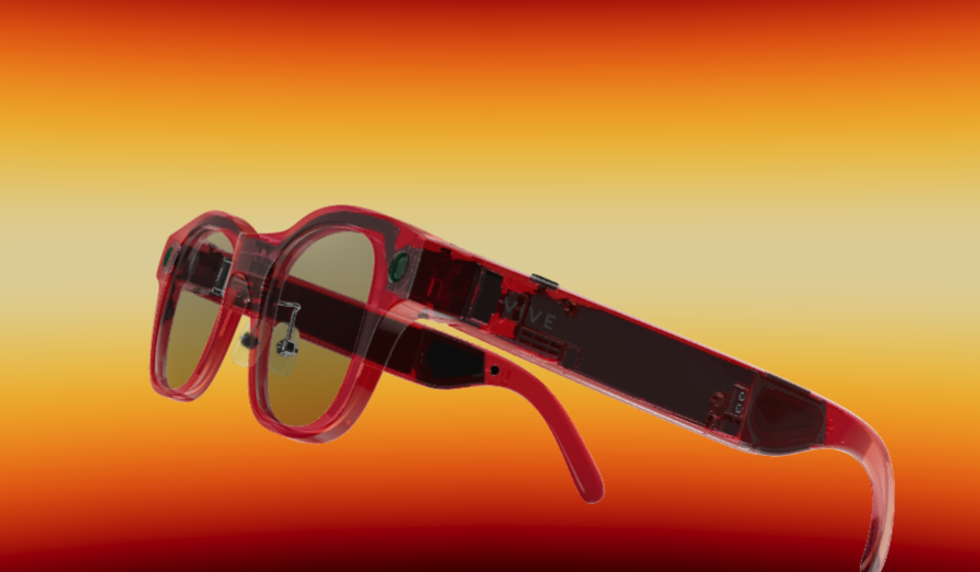
Vive Eagle will only be available in Taiwan for now. There is no confirmation if they'll be sold in the UK in the future
|HTC PRESS OFFICE
Like many AI models, HTC states that "all data is stored locally", which means your data isn't used to further train AI. Many other AI platforms will use your data to train them on different tasks.
Vive Eagle also translates between more languages than Meta's version. Meta's glasses can translate between English, French, Spanish, Italian and German, whereas Vive supports Arabic, Traditional Chinese, English, French, German, Greek, Italian, Japanese, Portuguese, Spanish, Korean, Thai, and Turkish. Image translation can be seen across the screen of your glasses.
They also come in four different colours: black, berry red, blueish grey, and coffee brown.
HTC's glasses will be available for pre-order on September 1, but they will only be available in Taiwan for now. There is no confirmation if they'll be sold in the UK in the future.
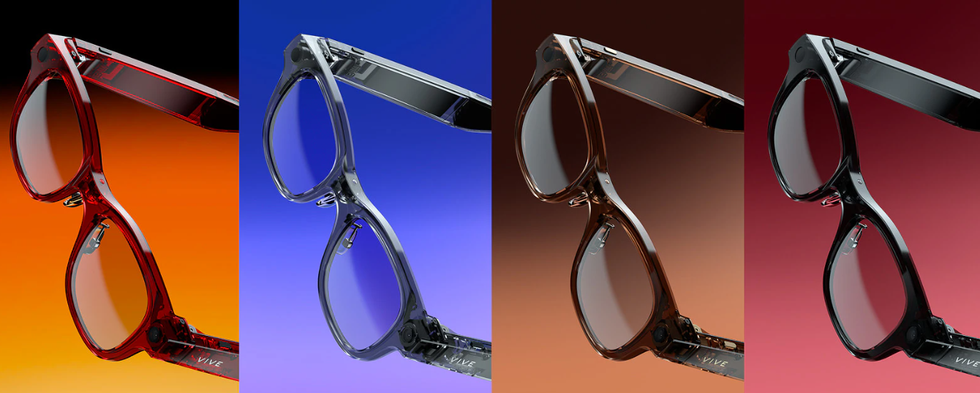
Vive Eagle smart glasses are available in four colours: berry red, blueish grey, coffee brown, and black
|HTC PRESS OFFICE
Samsung's new smart glasses
Just like HTC and Meta, Samsung will reportedly feature a camera, a microphone, and speakers.
They'll also likely capture images and videos, and answer your questions using an AI assistant.
The glasses reportedly won't run on Google's Android platform, but they should be able to pair with your Galaxy phone. This is due to Samsung wanting to build its own product lineup separate from Google's partnership. It could allow them to have greater leadership within this tech segment.
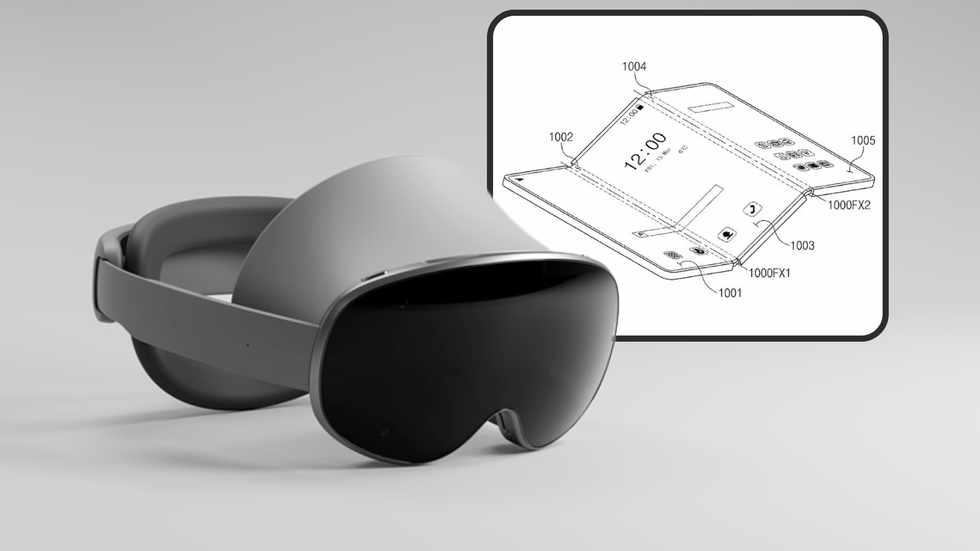 Samsung has revealed an early look at its XR headset, dubbed Project Moohan, while we've heard rumours of a triple-folding Galaxy Z foldable for some time, but for the first time, we have a definitive timeline | SAMSUNG PRESS OFFICE | X.COM | GB NEWS
Samsung has revealed an early look at its XR headset, dubbed Project Moohan, while we've heard rumours of a triple-folding Galaxy Z foldable for some time, but for the first time, we have a definitive timeline | SAMSUNG PRESS OFFICE | X.COM | GB NEWS This isn't the first type of glasses the tech giant has created. Samsung created a mixed reality headset in partnership with Google called Project Moohan, pictured above.
Samsung is rumoured to release its glasses in 2026. While there has not been any official confirmation on where, they'll most likely be available on their official website.
Why are more tech brands just now entering the smart glasses market?
Smart glasses may be gaining popularity due to advancements in AI, improved camera and display technology, and a growing demand for ways to not stay glued to smartphone screens. The glasses offer an opportunity to keep your head up and hands free while still having easy access to the technology.
LATEST DEVELOPMENTS
- Currys will PAY you £100 to upgrade to new Google Pixel 10
- Best mattress toppers
- Sky will DOUBLE your full-fibre broadband speeds at no extra cost
- Best VPN deals
Plus, with the growth of social media platforms like Instagram and TikTok, there's a greater demand for capturing visual content. These types of glasses not only offer the ability to do this, but they also eliminate the need to pack a bulky camera with you on your travels.
Meta has also led the way and Ray-Ban Meta glasses, proving there's a greater consumer demand than companies immediately realised.
More From GB News






